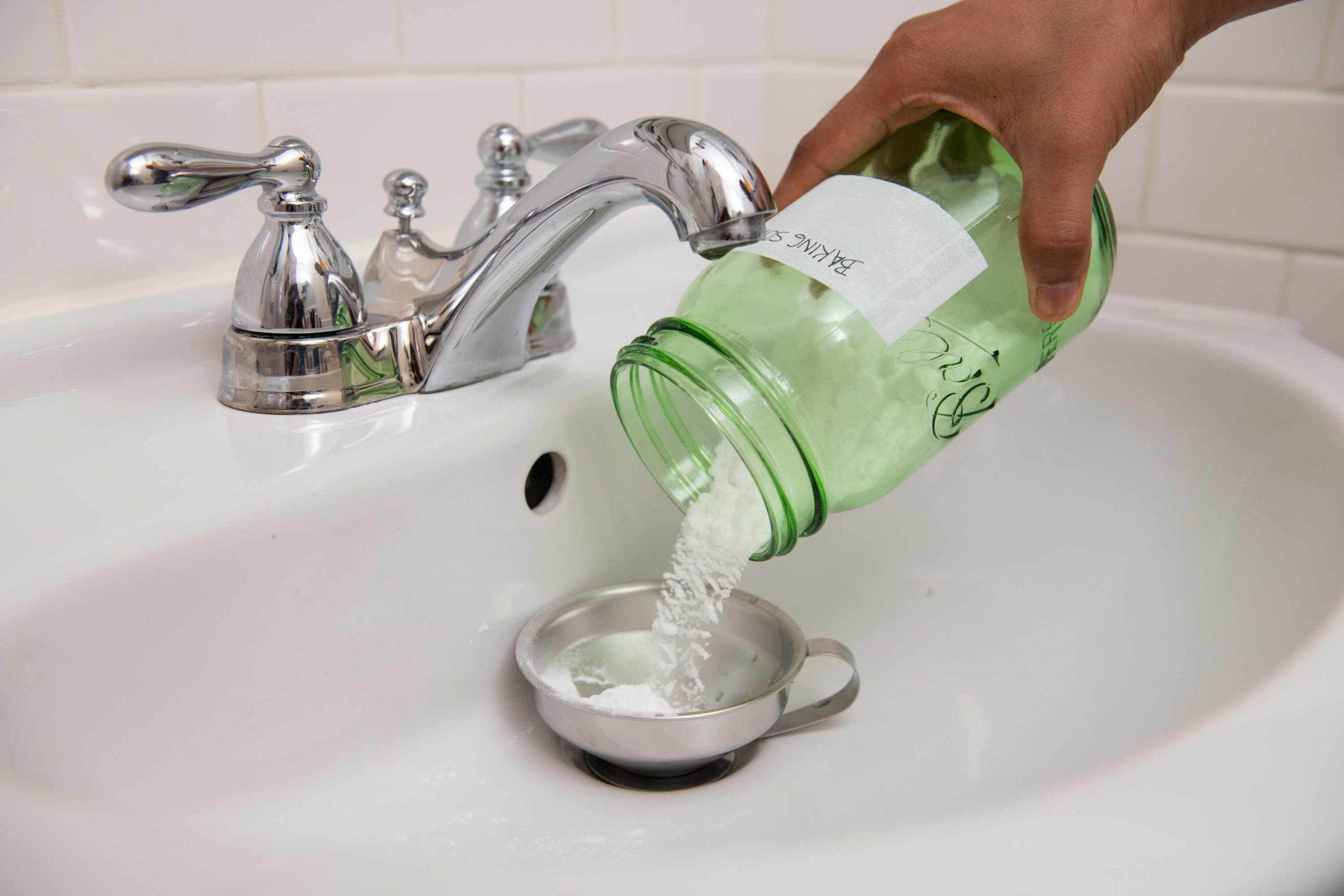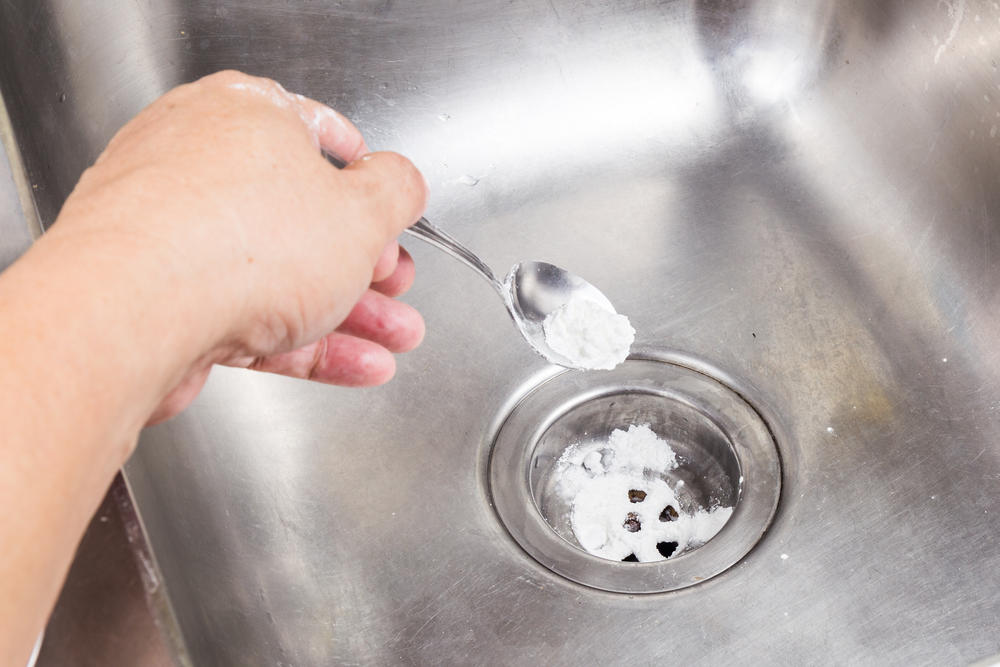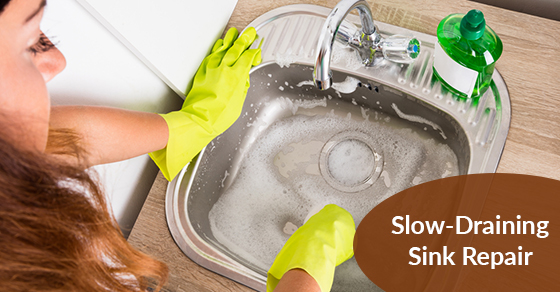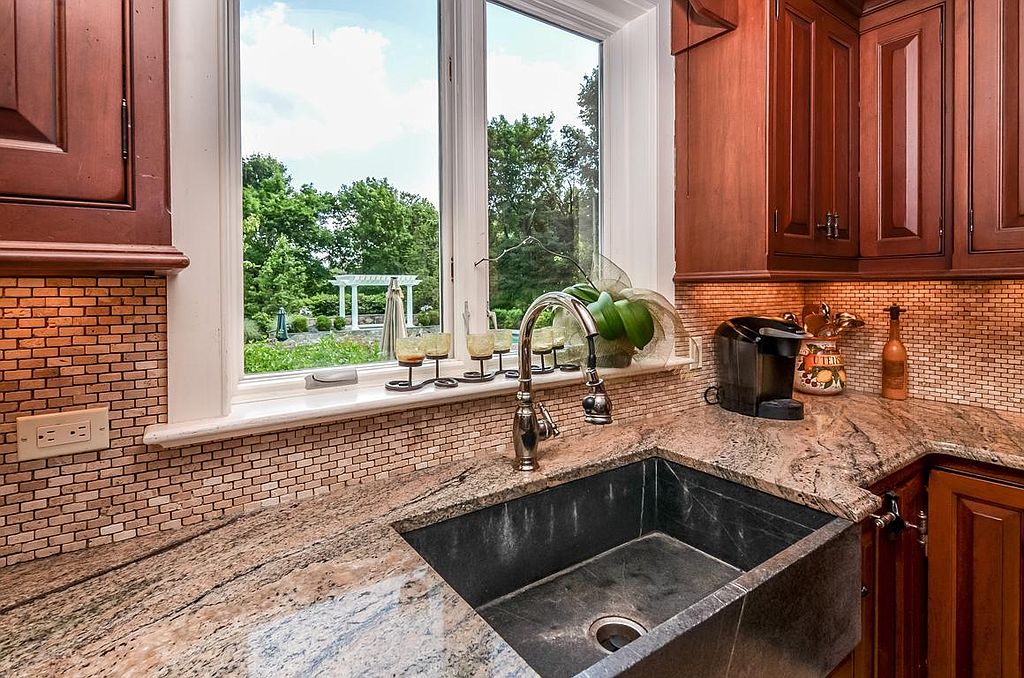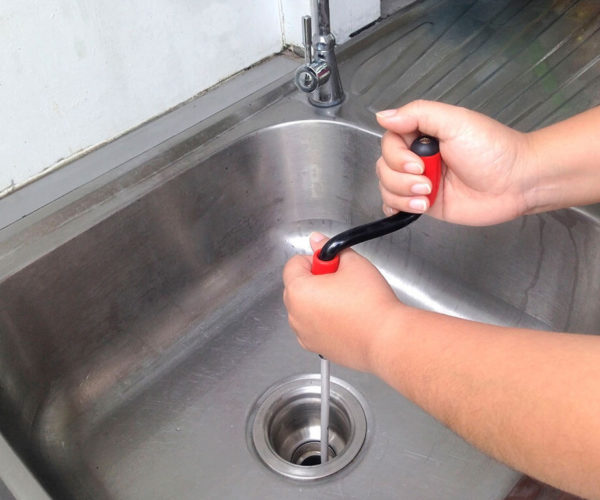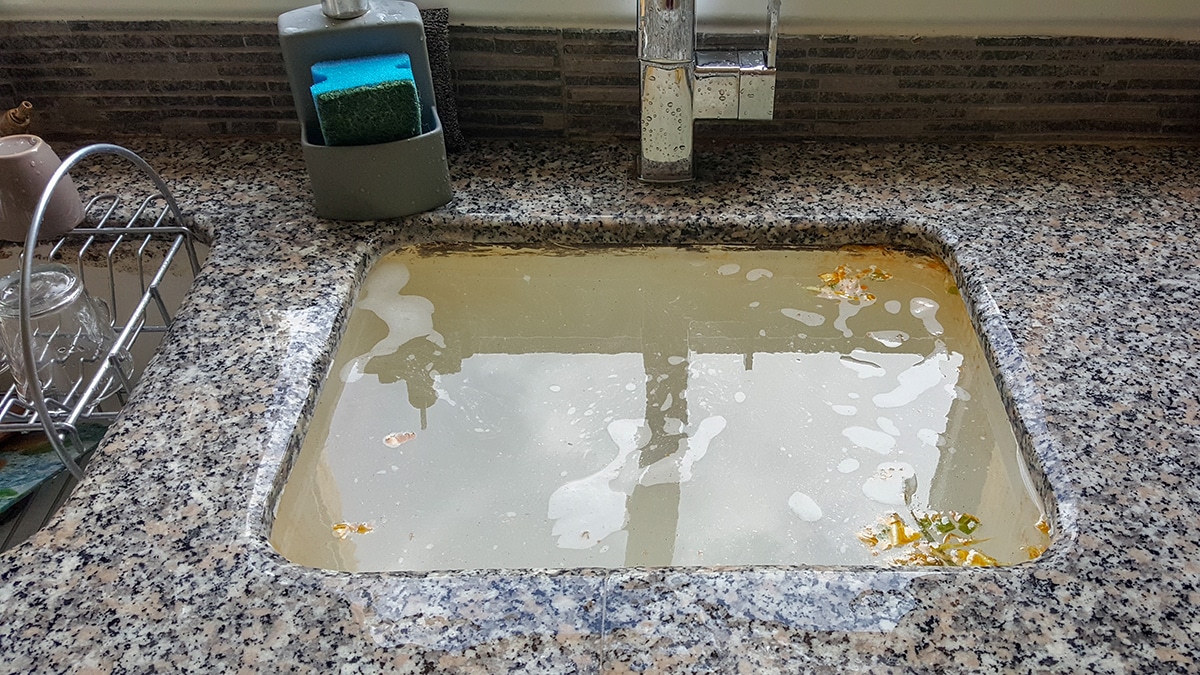Dealing with a slow-draining kitchen sink can be frustrating, but luckily there are plenty of solutions to unclog it. From simple DIY methods to professional services, here are 10 ways to fix a slow-draining kitchen sink.Unclogging a Kitchen Sink Drain
If your kitchen sink is draining slower than usual, there are a few things you can try to fix it before calling a professional. First, check the sink strainer and remove any debris or food particles that may be causing the problem. Next, try using a plunger to create suction and dislodge any clogs. If that doesn't work, you can try using a drain snake to manually remove any blockages. Another option is to use a mixture of baking soda and vinegar to break down any buildup in the pipes.How to Fix a Slow-Draining Kitchen Sink
If the above methods don't work, there are a few more techniques you can try. One method is to use a wet/dry vacuum to suck out any clogs in the drain. Another is to use a mixture of salt and hot water to dissolve any grease or soap buildup. You can also try using a plunger specifically designed for sinks, which has a smaller suction cup that can fit into the drain. Another option is to use a chemical drain cleaner, but be cautious as these can be harsh and potentially damage your pipes.5 Ways to Unclog a Kitchen Sink Drain
If you prefer to use natural and chemical-free methods, there are several DIY solutions you can try. One popular method is using a combination of baking soda and vinegar. Simply pour a cup of baking soda down the drain, followed by a cup of vinegar. Let it sit for about 30 minutes, then flush with hot water. You can also try using a mixture of salt, baking soda, and cream of tartar. Mix equal parts of each and pour it down the drain, followed by hot water. This can help to break down and dissolve any buildup in the pipes.DIY Solutions for a Slow-Draining Kitchen Sink
Understanding the common causes of a slow-draining kitchen sink can help you prevent future clogs. One of the main causes is food particles and grease buildup, which can accumulate over time and create a blockage. Another common cause is a clogged or blocked drain line. This can happen due to tree roots, debris, or other objects getting lodged in the pipes. It's important to regularly clean and maintain your drain lines to prevent clogs.Common Causes of a Slow-Draining Kitchen Sink
If your kitchen sink drain is completely clogged and none of the above methods work, it's time to call a professional. They will have the necessary tools and equipment to effectively clear the clog and get your sink draining properly again. They may use techniques such as hydro jetting, which involves using high-pressure water to blast away any blockages. They may also use a camera inspection to locate the exact location and cause of the clog, allowing them to target their efforts more efficiently.How to Clear a Clogged Kitchen Sink Drain
Once you have successfully unclogged your kitchen sink, it's important to take preventative measures to avoid future clogs. Here are some tips to keep your sink draining smoothly:Tips for Preventing a Slow-Draining Kitchen Sink
As mentioned before, a mixture of baking soda and vinegar is a popular and effective DIY solution for unclogging a kitchen sink. The chemical reaction between the two ingredients creates a foaming action that can help break down and dissolve any buildup in the pipes. To use this method, pour a cup of baking soda down the drain, followed by a cup of vinegar. Let it sit for about 30 minutes, then flush with hot water. You may need to repeat this process a few times for stubborn clogs, but it is a safe and natural option for maintaining a fast-draining kitchen sink.Using Baking Soda and Vinegar to Unclog a Kitchen Sink Drain
If you've tried all of the above methods and your kitchen sink is still draining slowly, it's best to call in a professional. They will have the knowledge, experience, and equipment to effectively clear any clogs and get your sink draining properly again. They may also offer additional services, such as regular maintenance and drain cleaning, to prevent future clogs and keep your kitchen sink running smoothly.Professional Solutions for a Slow-Draining Kitchen Sink
Once you have a fast-draining kitchen sink again, it's important to maintain it to prevent future clogs. Regularly cleaning and maintaining your drain lines is key, as well as following the preventative tips mentioned earlier. If you notice your sink draining slower than usual, don't wait until it becomes completely clogged. Try some of the DIY solutions first, and if those don't work, call a professional before the problem gets worse. In conclusion, a slow-draining kitchen sink can be a frustrating issue, but with these 10 solutions, you can unclog it and maintain a fast-draining sink for the long term.How to Maintain a Fast-Draining Kitchen Sink
How to Fix a Slow Kitchen Sink Water Drain

Maintaining a Healthy and Functional Kitchen
 Having a slow kitchen sink water drain can be a frustrating and inconvenient problem to deal with. Not only does it disrupt your daily routine, but it can also lead to unpleasant odors and potential clogs. However, it is a common issue that many homeowners face and can be easily fixed with some simple maintenance and cleaning techniques. In this article, we will discuss the main causes of a slow kitchen sink water drain and provide some effective solutions to get your drain flowing smoothly again.
Having a slow kitchen sink water drain can be a frustrating and inconvenient problem to deal with. Not only does it disrupt your daily routine, but it can also lead to unpleasant odors and potential clogs. However, it is a common issue that many homeowners face and can be easily fixed with some simple maintenance and cleaning techniques. In this article, we will discuss the main causes of a slow kitchen sink water drain and provide some effective solutions to get your drain flowing smoothly again.
The Main Causes of a Slow Kitchen Sink Water Drain
 There are several factors that can contribute to a slow kitchen sink water drain. One of the most common reasons is the accumulation of food particles, grease, and other debris in the pipes. Over time, these substances can build up and create a blockage, causing the water to drain slowly. Another possible cause is a faulty or clogged
garbage disposal
, which can also lead to slow draining water. Additionally, old or damaged pipes can also be a culprit, as they may have cracks or corrosion, hindering the flow of water.
There are several factors that can contribute to a slow kitchen sink water drain. One of the most common reasons is the accumulation of food particles, grease, and other debris in the pipes. Over time, these substances can build up and create a blockage, causing the water to drain slowly. Another possible cause is a faulty or clogged
garbage disposal
, which can also lead to slow draining water. Additionally, old or damaged pipes can also be a culprit, as they may have cracks or corrosion, hindering the flow of water.
Solutions for a Slow Kitchen Sink Water Drain
 Fortunately, there are several ways to fix a slow kitchen sink water drain. The first step is to remove any visible debris and gunk from the drain. You can do this by using a plunger or a drain snake to dislodge and remove any clogs. For stubborn clogs, you can try pouring a mixture of
hot water and baking soda
down the drain, followed by
vinegar
to help break up and dissolve the buildup. Another effective solution is to use a specialized
drain cleaning product
that is safe for your pipes.
Fortunately, there are several ways to fix a slow kitchen sink water drain. The first step is to remove any visible debris and gunk from the drain. You can do this by using a plunger or a drain snake to dislodge and remove any clogs. For stubborn clogs, you can try pouring a mixture of
hot water and baking soda
down the drain, followed by
vinegar
to help break up and dissolve the buildup. Another effective solution is to use a specialized
drain cleaning product
that is safe for your pipes.
Maintenance Tips to Keep Your Kitchen Sink Water Drain Flowing Smoothly
:max_bytes(150000):strip_icc()/how-to-install-a-sink-drain-2718789-hero-24e898006ed94c9593a2a268b57989a3.jpg) To prevent future slow draining issues, it is essential to maintain a healthy and functional kitchen sink water drain. Make sure to regularly clean your drain by pouring hot water down it and using a mixture of baking soda and vinegar once a month. Avoid putting large food particles and grease down the drain, and always run hot water after using the garbage disposal to help prevent buildup. It is also beneficial to have your pipes inspected and cleaned by a professional plumber every few years to ensure they are in good condition.
To prevent future slow draining issues, it is essential to maintain a healthy and functional kitchen sink water drain. Make sure to regularly clean your drain by pouring hot water down it and using a mixture of baking soda and vinegar once a month. Avoid putting large food particles and grease down the drain, and always run hot water after using the garbage disposal to help prevent buildup. It is also beneficial to have your pipes inspected and cleaned by a professional plumber every few years to ensure they are in good condition.
In Conclusion
 Dealing with a slow kitchen sink water drain can be a hassle, but with the right techniques and maintenance, you can keep your drain functioning smoothly. By addressing the main causes and implementing these solutions and tips, you can maintain a healthy and functional kitchen and avoid future drainage problems. If the issue persists, it is best to consult a professional plumber for further assistance. Don't let a slow kitchen sink water drain disrupt your daily routine any longer – take action now and get your drain flowing freely again.
Dealing with a slow kitchen sink water drain can be a hassle, but with the right techniques and maintenance, you can keep your drain functioning smoothly. By addressing the main causes and implementing these solutions and tips, you can maintain a healthy and functional kitchen and avoid future drainage problems. If the issue persists, it is best to consult a professional plumber for further assistance. Don't let a slow kitchen sink water drain disrupt your daily routine any longer – take action now and get your drain flowing freely again.
/plumber-unclogging-kitchen-sink-169270382-5797a9355f9b58461f27f024.jpg)




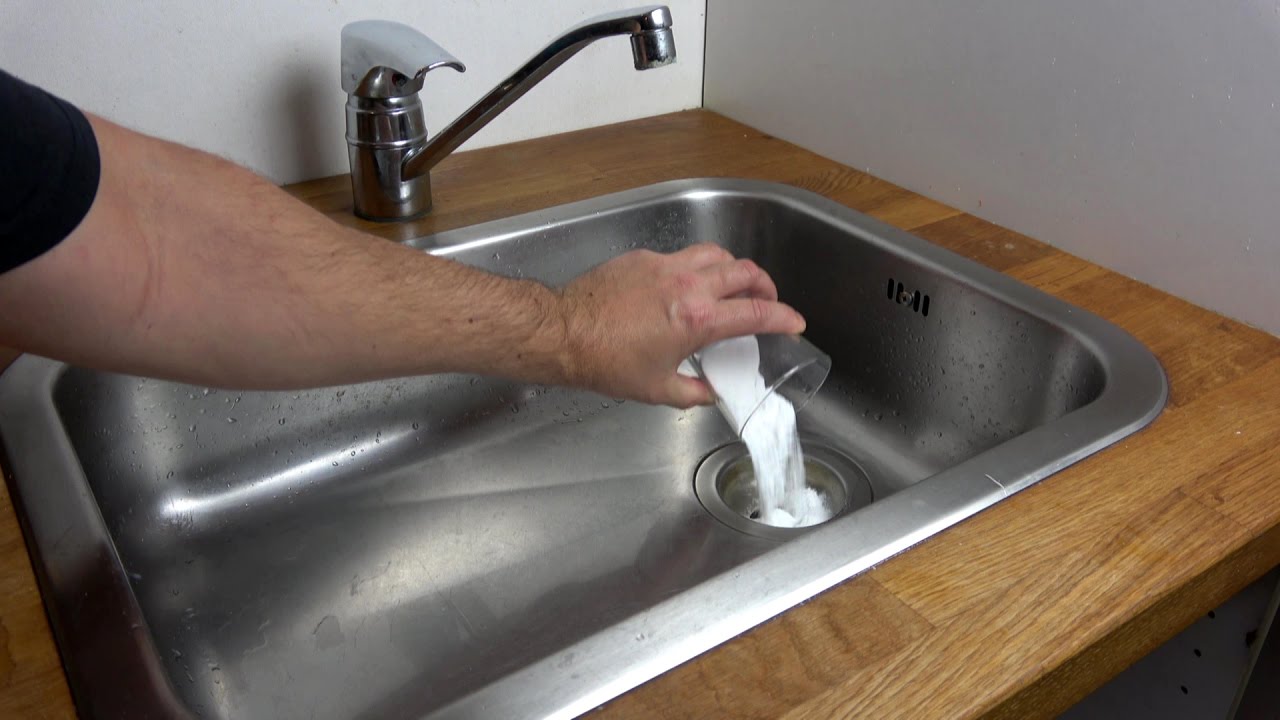




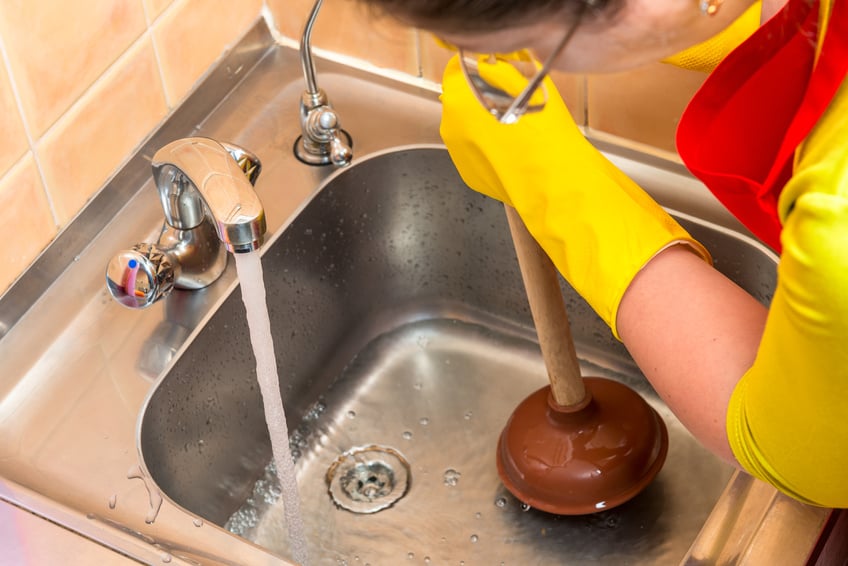


















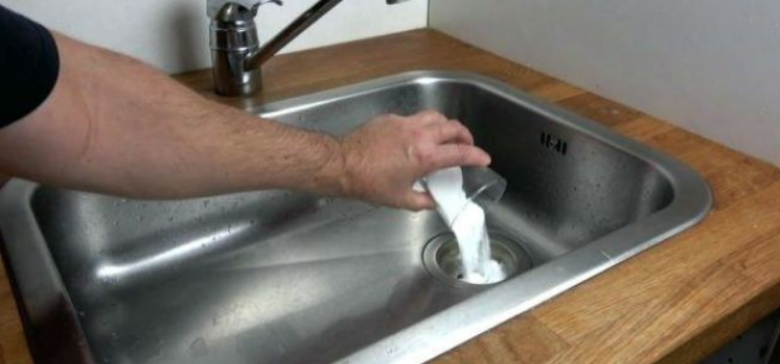
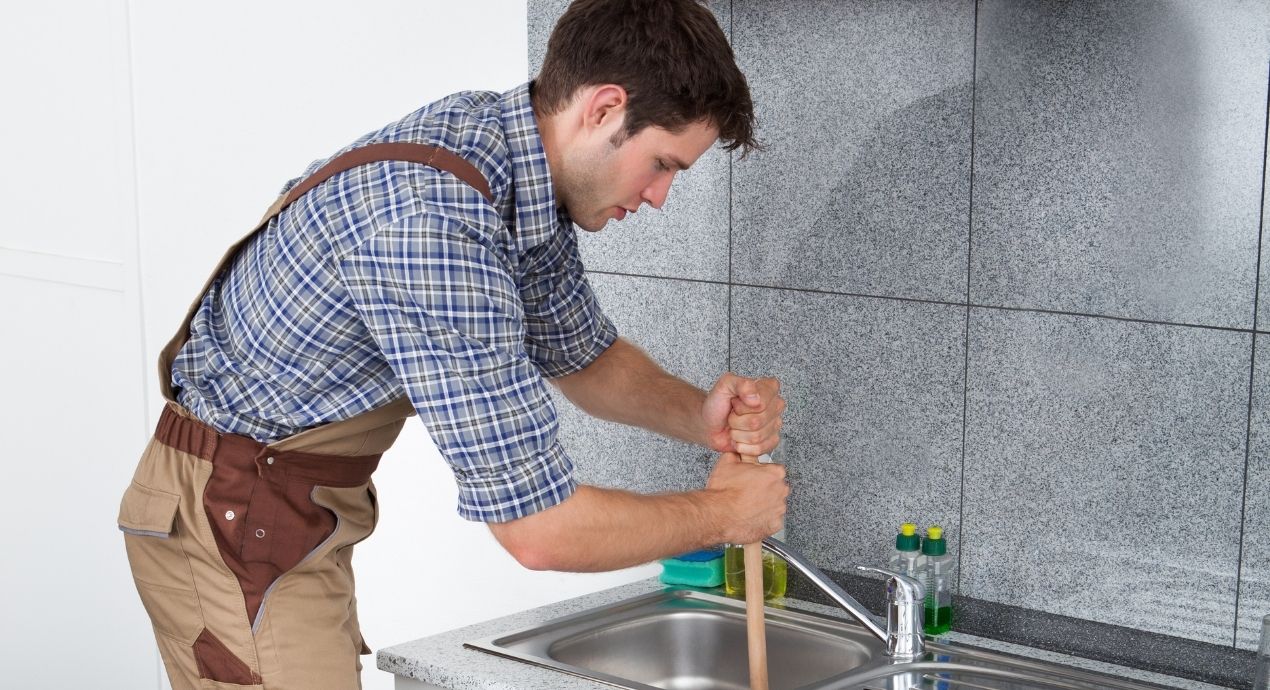






















:max_bytes(150000):strip_icc()/freshen-and-unclog-drain-with-baking-soda-1900466-22-bbf940b70afa4d5abef0c54da23b1d3f.jpg)







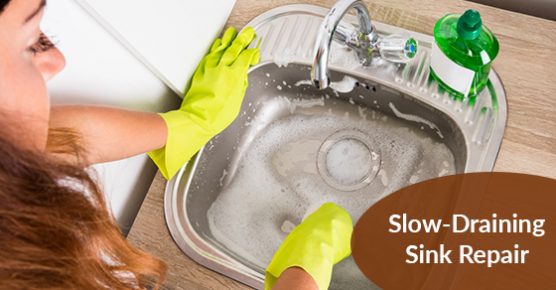



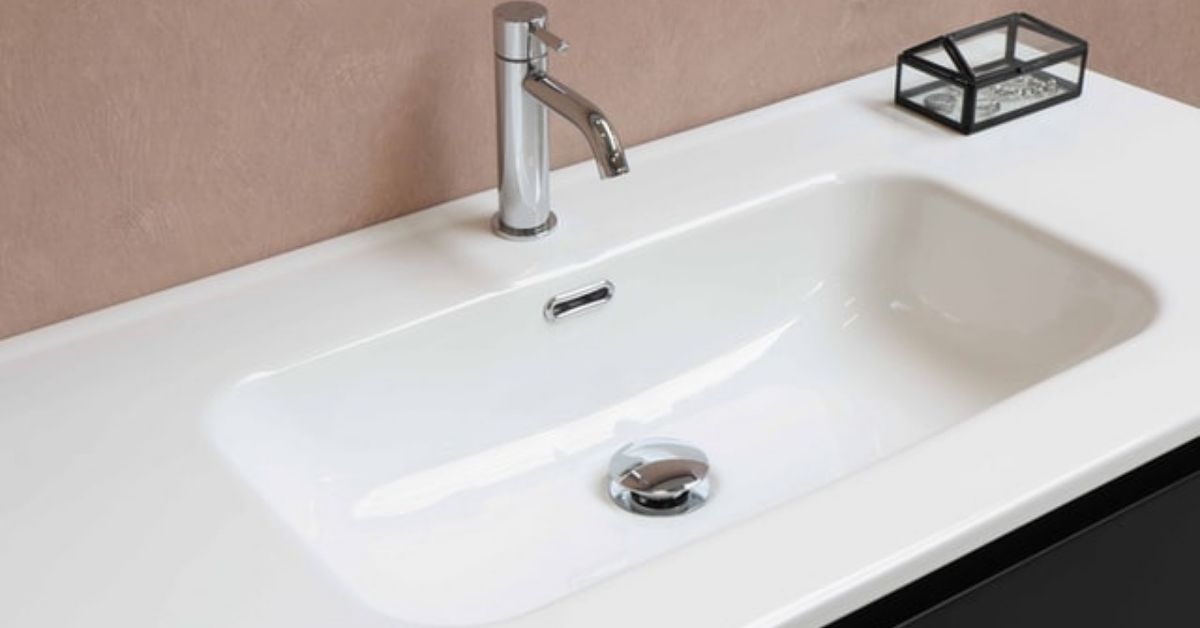


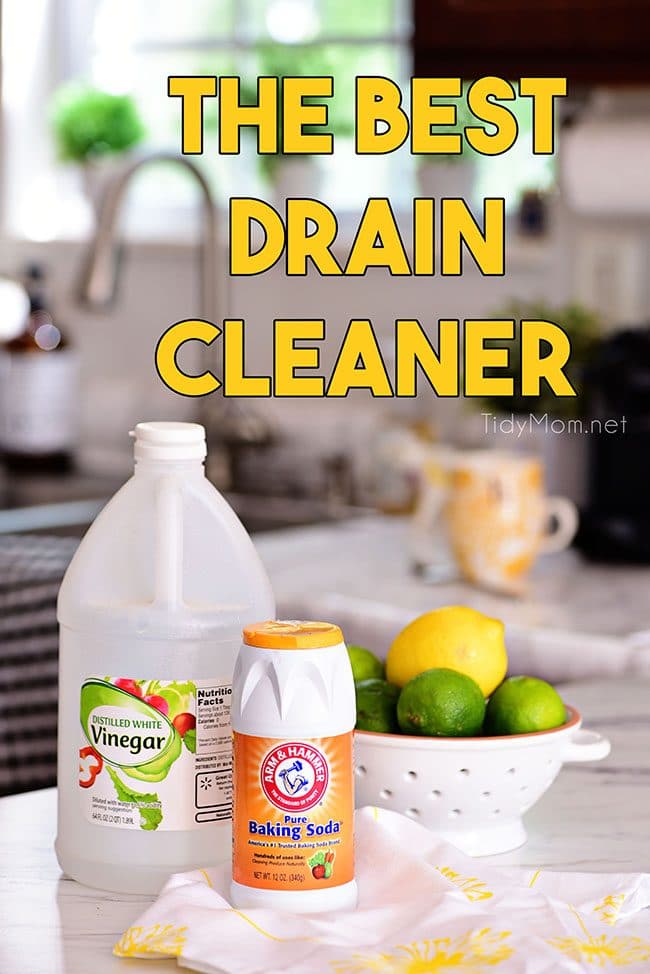
:max_bytes(150000):strip_icc()/freshen-and-unclog-drain-with-baking-soda-1900466-18-1a5b5da01939471ca8f8823865bd1ce8.jpg)
